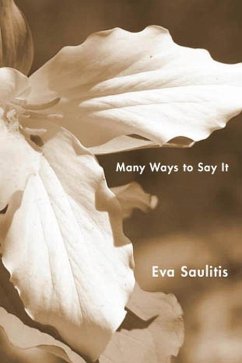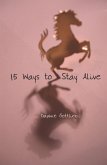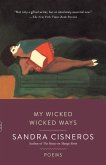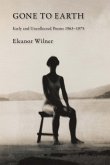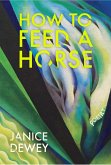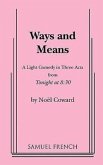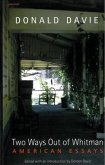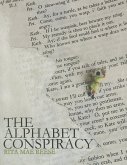Many Ways to Say It, a collection of lyric poems, is a series of prayers, cries, dispatches, observational records, secret messages, weather reports, daily logs, love poems, trespasses, confessions, letters, and songs. A trained marine biologist, Eva Saulitis uses poetry as a tool to push past the laws of biology--objectivity and detachment--to get as close as she can get to the harsh inner and outer place she calls home. Though chosen, for her, place requires constant re-negotiation and exploration. Living for more than two decades in coastal Alaska is like an arranged marriage, rife with ambivalence and risk, desire and loss. The poems portray the difficult process of this kind of marriage, of "marrying this chunk of earth / the seasons, mud, and crack-up." Close observation of natural phenomena is both the poet's and the biologist's method. Thus these poems are dispatches from inner and outer wilderness: white-outs, mountain tops, swamps, muskegs, ecotones, and woods. The lover, a second character in the poems, is human and animal, flesh and mineral, mind and earth, heart and weather. Ultimately, Many Ways to Say It is an unscientific investigation into the wild animal that is the self, its contradictions, urges, demands, and terrors, and its desire for self-definition. But it is only by studying the wild without--through encounters with, say, a moose, a mountain, a coyote, a pond--that the poet comes to terms with the wild, and untouchable, within.
